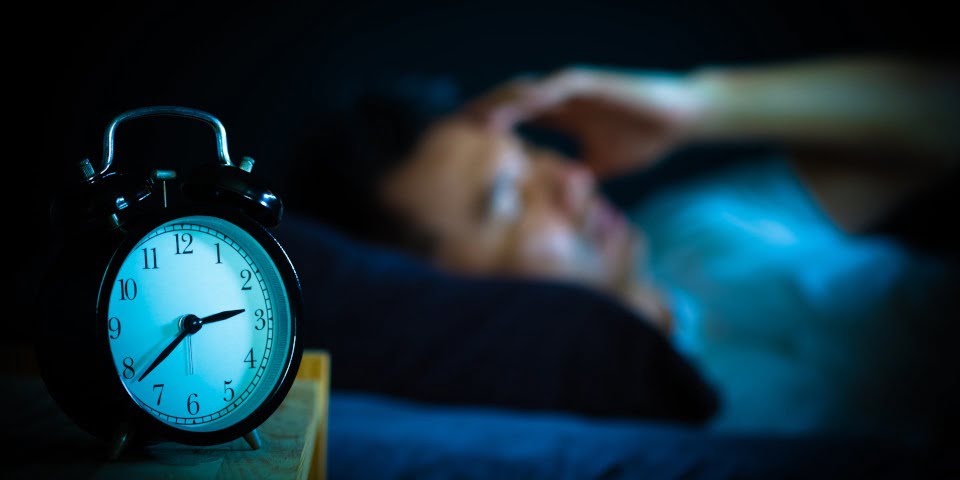On World Sleep Day it’s worth noting that over 12 million sleepless nights are endured across Australia every week and much of the blame is being placed on Australia’s scorching summer nights.
New research released on World Sleep Day suggests Australia’s record-hot summer stole the sleep of more than a quarter of the nation, with 29 per cent of survey respondents reporting extreme weather as a major sleep disruptor.
The study, commissioned by Nature’s Own, suggests that beyond the heat and storms, the subsequent thirst that comes with extreme weather had more than half (58 per cent) of the nation being woken up by needing to use the toilet. General concerns about climate change also kept 10 per cent of the population awake at night.
While the intense weather is impacting the sleep of Australians, wider concerns about family and work, as well as bad screen habits are also contributing to the nation’s sleeplessness.
Worries keep Australians awake
The survey found 15 per cent of Australians are kept awake by concerns about their aging parents, while approximately a quarter (24 per cent) cited concerns about their children as reasons for sleeplessness.
The data revealed that work stresses also contribute to the sleeplessness of the nation, with 19 per cent being kept awake by issues at work, and 14 per cent by worries about job security.
While reasons for sleepless nights vary, the issue is affecting Australians across the nation. According to a recent Ipsos survey, over 12 million sleepless nights are endured across the nation every week. The report also found 43 per cent of Australians have sleep issues at least once a month, while 19 per cent face trouble with sleep two to three times a week. This means 10.9 million Australians struggle getting a good night’s sleep every month and 4.8 million struggle several nights a week.
Alarmingly, the survey also found that a significant 48 per cent of Australians with sleep issues did nothing to remedy the situation, instead choosing to wait for it to pass.
The research also showed Australia’s screen-watching habits are harming our health, with 15 per cent of Australians choosing to stay up late to watch TV rather than go to sleep at a decent hour, risking not getting sufficient sleep during the night.
Our love of social media is also keeping us up, with younger Australians (18-24 years) the most likely to swap bedtime stories for Instagram stories, with a quarter (24 per cent) staying up late on social media, compared with just three per cent of older Australians (55+ years).
According to Nature’s Own, there are simple changes people can make to their daily routine to help them fall asleep and stay asleep.
These include:
- Having a sleep routine: go to bed and get up at the same time each day
- Create a relaxing environment with minimal technology and a comfortable temperature
- Start unwinding before bed by having a warm drink, taking a relaxing bath, using lavender oil and avoiding use of technology
- Avoid overloading your system with a heavy meal before bedtime
- Limit your use of stimulants and caffeine intake to the mornings
Worryingly, there is a reluctance among Australians to seek treatment for sleep deprivation and a recent study commissioned by Nature’s Own found that less than 13 per cent of people suffering from sleep issues try medication and less than 5 per cent try vitamins to manage poor sleep.









